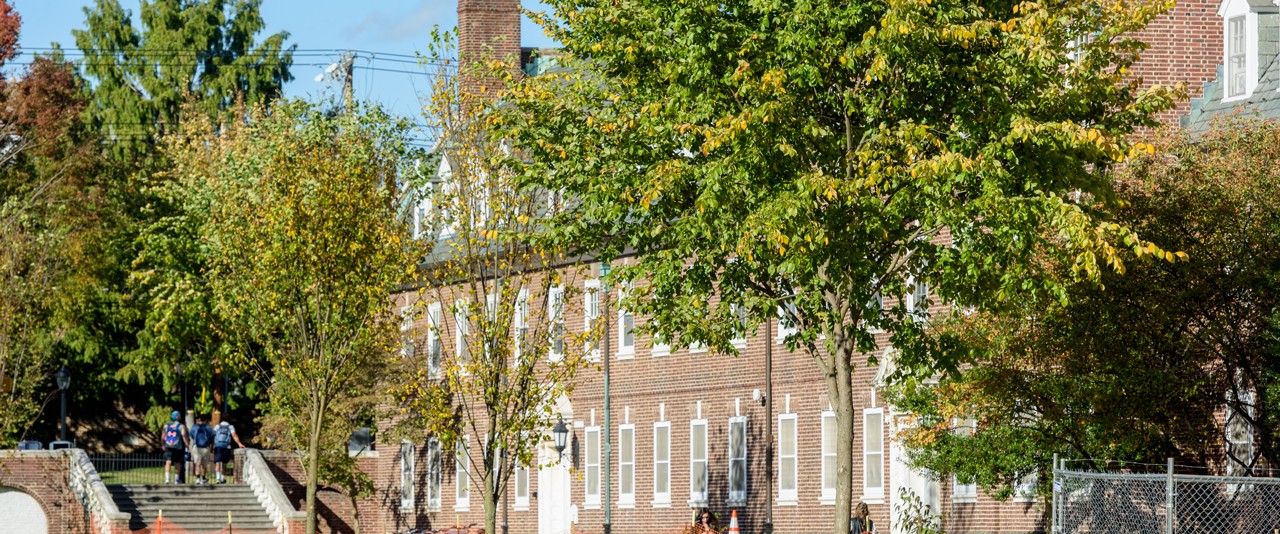
Fact Sheets And Publications

Trees for Delaware
Trees are important to people. Research shows that access to nature plays a significant role in life satisfaction. The most preferred scenes are ones in which nature is dominant, where there is a smooth ground texture and where trees help define the depth of the scene. Patients recover more quickly when the view from their hospital window includes trees, and trees in apartment courtyards promote social interaction.
Trees also improve the physical environment. They improve air quality by trapping dust particles and replenishing oxygen. Trees save energy by cooling during summer and providing wind breaks in winter. Trees can reduce air conditioning needs by 30 percent and save 20 to 50 percent on fuel costs for heating. Trees improve water quality by reducing the impact of raindrops—resulting in less runoff and erosion. Trees provide habitat for animals and birds add beauty to the environment and soften the harsh lines of the urban and suburban world. Ecosystem refers to all of the organisms in a given place (including people) and their interactions with each other and the environment. Ecosystem-based management is new to urban and community forestry, shifting the focus from individual street trees to entire communities. With an ecosystem-based management approach, we can appreciate how trees reduce storm water runoff.
UD Cooperative Extension
This institution is an equal opportunity provider.
In accordance with Federal law and U.S. Department of Agriculture policy, Cooperative Extension is prohibited from discriminating on the basis of race, color, national origin, sex, age, or disability.
